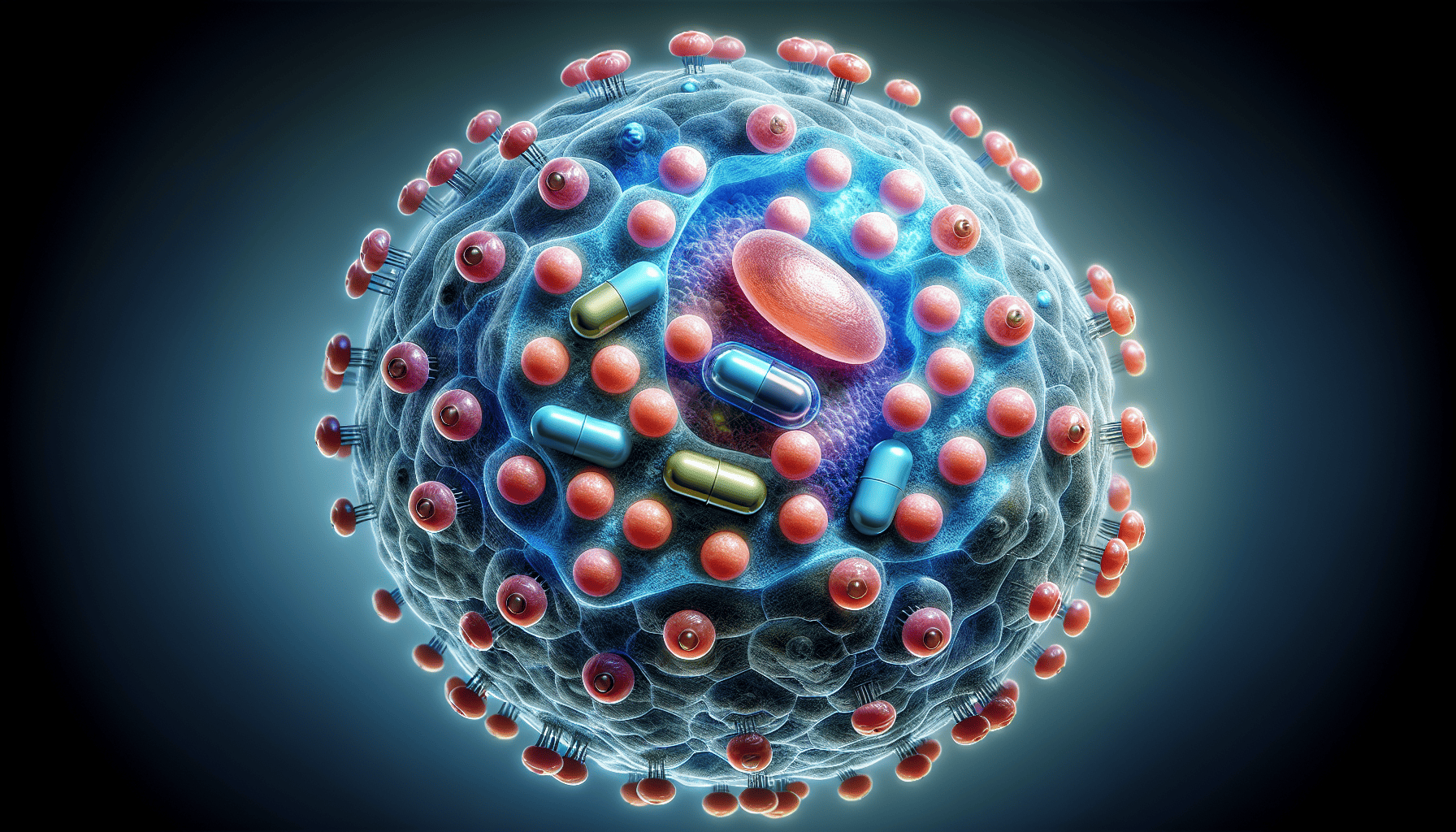Nanotechnology is revolutionizing the field of drug delivery, providing unprecedented precision and effectiveness in the treatment of various diseases. Traditional drug delivery methods often face challenges such as poor bioavailability, rapid degradation of the drug, and non-specific targeting, which can lead to suboptimal therapeutic outcomes and unwanted side effects. By contrast, nanotechnology offers innovative solutions to these limitations, enhancing the efficacy and safety of pharmacological interventions.
At the core of this transformation are nanoparticles—engineered particles that range in size from 1 to 100 nanometers. These microscopic carriers can be designed to deliver drugs with remarkable specificity, targeting diseased cells while sparing healthy tissues. This is particularly advantageous in the treatment of cancer, where conventional chemotherapy can harm normal cells and cause severe side effects. Nanoparticles can be engineered to recognize and bind to cancer cells, delivering high concentrations of chemotherapy drugs directly to the tumor site, thereby maximizing the therapeutic effect while minimizing collateral damage.
One of the hallmark features of nanotechnology in drug delivery is the ability to control the release of the drug. Nanocarriers can be fabricated to release their payload in response to specific stimuli, such as pH changes, temperature variations, or enzymatic activity. This controlled release mechanism ensures that the drug is released at the optimal time and location, enhancing its efficacy and reducing the likelihood of drug resistance.
Moreover, nanotechnology can improve the solubility and stability of drugs. Many therapeutic molecules are hydrophobic and, therefore, have low bioavailability when administered through traditional routes. Nanocarriers can encapsulate these hydrophobic drugs, improving their solubility and protecting them from degradation until they reach their target. This not only improves the therapeutic index of the drugs but also allows for lower dosages, reducing the risk of adverse effects.
Targeted drug delivery is another pivotal advantage offered by nanotechnology. Functionalization of nanoparticles with targeting ligands, such as antibodies, peptides, or small molecules, can direct the drug-loaded nanocarriers to specific cell types or tissues. This targeted approach is revolutionizing treatments for conditions like cardiovascular diseases, neurological disorders, and infectious diseases, where precise delivery can significantly enhance treatment outcomes.
In addition to improving current therapies, nanotechnology also opens up new avenues for treating previously untreatable conditions. For instance, the blood-brain barrier has long been a formidable obstacle in delivering drugs to the central nervous system. Nanoparticles can be designed to cross this barrier, providing new hope for treating neurological conditions like Alzheimer's disease, Parkinson's disease, and brain tumors.
Despite these promising advancements, the field of nanotechnology in drug delivery is still in its nascent stages, and several challenges remain. The safety and biocompatibility of nanomaterials need thorough evaluation to ensure they do not induce adverse immune responses or toxicity. Regulatory frameworks also need to evolve to keep pace with these innovative therapies, ensuring they are both safe and effective for patients.
In conclusion, nanotechnology is poised to usher in a new era of precision medicine, where drugs can be delivered with unprecedented accuracy and control. By overcoming the limitations of traditional drug delivery methods, nanotechnology holds the promise of more effective and safer treatments for a wide range of diseases, ultimately improving patient outcomes and transforming the landscape of healthcare.
